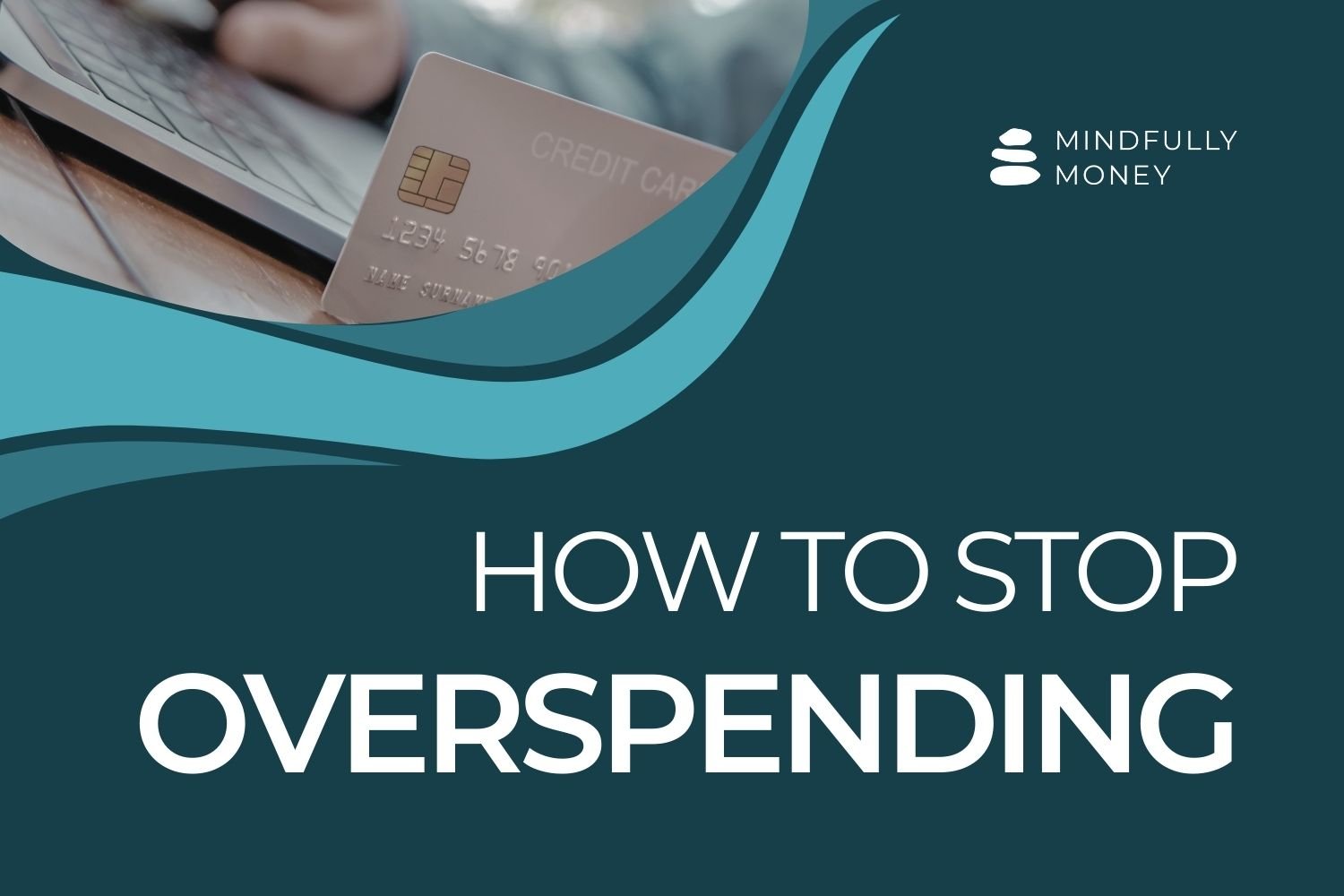Get Smart with Your Money
Ready to get smart with your money this year?
With 40% of Americans unable to scrounge together $400 for a new furnace or a medical emergency, many of us could use some extra help in the finance department. When life gets busy, it’s easy to end up managing your finances on the fly, addressing each situation as it arises. Having a plan for your money can help you be more prepared for life’s surprises and set you on the path to meeting your financial and life goals. Here are eight steps you can take to get smart with your money, transform your finances, and start building a life you love.
1. Build up your cash savings.
You never know when a major unexpected expense will crop up or when a pandemic will come along and eliminate your income, but one thing you can count on is that something unexpected will happen at some point.
It’s important to make sure that you have a stash of cash on hand to help you weather these storms. Imagine how differently you’d feel if you lost your job and had a year’s worth of expenses saved versus only having $1000 in the bank!
Having a healthy emergency fund gives you confidence that you can handle whatever comes your way. You feel more secure and you’re less likely to get into debt because you won’t have to resort to credit cards you can’t pay off. You can take comfort in knowing that you’re going to be okay if something happens.
2. Identify your money goals and values
Being intentional with your money will ultimately lead to a more satisfying life. When you have a goal in mind, it becomes easier to make purchasing decisions and prioritize where your money goes. If you lose your job, you’ll have an easier time knowing which expenses to cut first. You can’t make a plan for your money without knowing the destination.
3. Evaluate your spending
Many of us have no idea where our money goes. I can’t tell you how many times people have told me that they make a good amount of money, but it all just disappears. To get smart with your money, you have to know where your money is going. Then you can make intentional decisions about where you want your money to go based on the goals and values you identified in the previous step.
Many people love to use apps like mint.com or YNAB (You Need a Budget), but keeping track of your spending can be as simple as writing it down or logging it in a spreadsheet.
4. Cut expenses that don’t align with your goals and values.
Figure out which expenses don’t make you feel good and challenge yourself to reduce or eliminate them. Go ahead and spend money on whatever you like (as long as you have the money for it). Get your daily coffee, stay in a more expensive hotel, spend more on skin care. Whatever. This is your life and you get to spend money on things that are important to you. But in order to have more money for necessities AND the things you love, you’re probably going to have to cut elsewhere.
Unless you’re wealthy, life is about making intentional choices about your spending. If you do it wisely, you can live a life you love without being Warren Buffet.
5. Get rid of high-interest debt
One of the best things you can do to improve your financial situation is to eliminate all credit card debt and other high-interest loans. Start by getting organized with this free Debt Rescue Pack and then follow these steps to tackle your debt.
High-interest debt costs a lot of money and makes you pay way more for something than you otherwise would have. Once you systematically eliminate high-interest debt, you’ll be able to redirect those funds toward something more fulfilling.
6. Save for retirement
Sometimes it is hard to start saving for retirement because it seems so far away. Instead, try thinking of saving for retirement as saving for future you. Don’t you want to take care of future you?
Regularly contributing to a retirement account and investing the money is the only way to secure your future.
First, make sure that you are taking advantage of any employer match in your employer’s 401(k), 403(b), or other retirement program. It’s free money. After that, contribute anything you can to your retirement plan through your employer, in an IRA, Roth IRA, or any of the special IRAs for the self employed.
If you are already contributing, see if you can increase the amount you contribute. Ideally, you will save 15% of your salary. That might seem like a lot right now, so start with anything you can and work to gradually increase the amount.
Additionally, make sure that the money is actually being invested. If you don’t invest the money, it won’t grow and it’s value will eventually be eroded over time due to inflation.
Read more:
7. Make sure you’re protected.
Having the right insurance coverage for you is critical to protecting all that money you saved. At a minimum, you likely need health/medical, disability, and home/auto insurance. Those with dependents or who have expenses that would need to be paid after death generally should have term life insurance. Anything other than term life insurance is not necessary for the vast majority of people.
8. Save for other goals
Once you’ve covered all the bases above, it is time to start saving for other goals, such as buying or remodeling a home, college education, travel, or a major lifestyle/job change.
If you’re using an app like YNAB, you can assign money to separate buckets to track how much you’ve saved for each goal. Alternatively, you can set up separate savings accounts or get a savings account that allows you to divide your money into separate sub-accounts.
Finding a high-yield savings account or CD for your shorter-term savings can help your money grow while keeping it safe.
9. Automate
The more you can set up automatic payments and transfers, the more likely it is to happen. You can have money directed to retirement accounts or general savings straight from your paycheck. You can set up recurring transfers or bill pay from your checking account. Anything you can make automatic will make your life easier. You won’t need to think about it and you won’t forget. Just make sure there’s always enough money in the account to cover the transfer or bill pay.
Read more: Why You Should Automate Your Finances
You don’t need a budget
Did you notice that I haven’t told you that you need a budget? That’s because having a budget isn’t a goal; it’s a tool to help you reach your goals. If you find that one of the many forms of budgeting is helpful in making these nine happen, then go for it! If you can do it all without a budget, that’s fine too.
The important thing is to make a plan that works for you and stick to it. Following the steps outlined above will help you get to a place where you can start building a life you love.
Pin for later:













Are you finally ready to conquer your debt? Learn how to get out of debt fast, even if you are living paycheck to paycheck. Follow this easy and simple debt payoff plan, and you’ll be debt free before you know it!